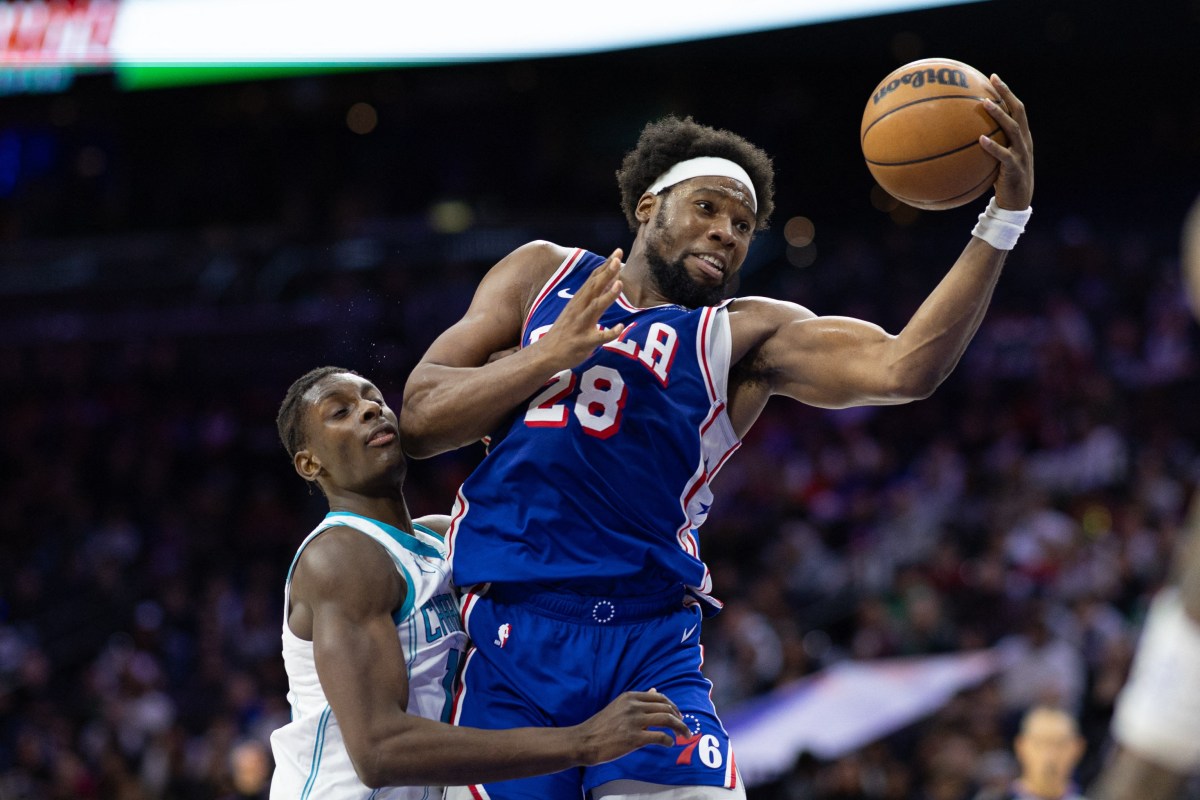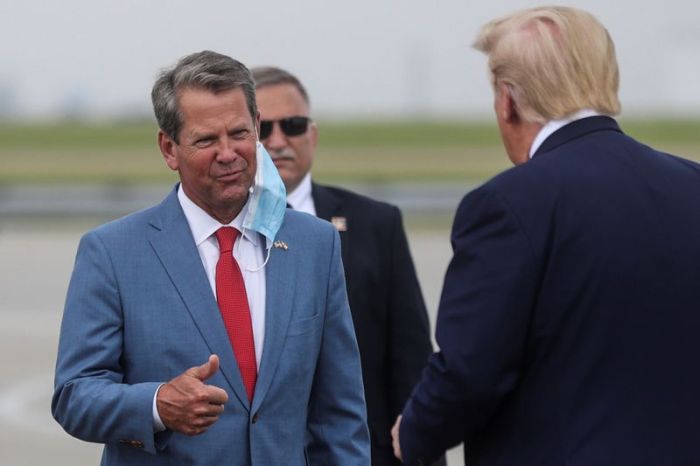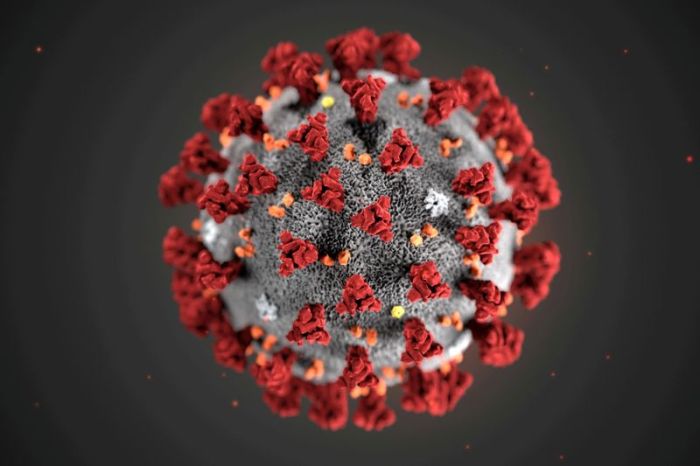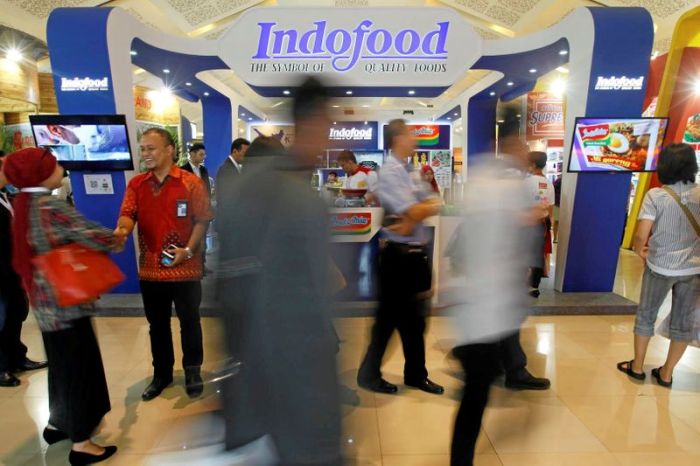BRUSSELS (Reuters) – The European Union is negotiating advance purchase deals of potential COVID-19 vaccines with drugmakers Moderna <MRNA.O>, Sanofi <SASY.PA> and Johnson & Johnson <JNJ.N> as well as biotech firms BioNtech <BNTX.O> and CureVac, two EU sources told Reuters.
The talks follow a deal reached in June by four EU member states with AstraZeneca <AZN.L> for the upfront purchase of 400 million doses of its potential COVID-19 vaccine, in principle available to all 27 EU nations.
The information on the ongoing talks was shared by the European Commission, the EU executive arm, with EU health ministers at a meeting in Berlin on Thursday, the sources said.
The multiple talks confirm the bloc’s more assertive stance on procuring potential COVID-19 shots and drugs after early U.S. moves in securing promising treatments and vaccines.
“We are in talk with several companies on possible COVID-19 vaccines,” a spokesman for the Commission said on Friday, declining to comment on specific firms as negotiations were confidential.
More than 150 possible vaccines are being developed and tested around the world to try to stop the pandemic. Of 23 in human clinical trials, at least three are in final Phase III testing – including candidates from China’s Sinopharm and Sinovac Biotech <SVA.O> and AstraZeneca and Oxford University.
The most advanced EU talks appear to be those with Johnson & Johnson and Sanofi, confirming a Reuters report in June, because the EU is already discussing details on the number of doses needed.
With U.S. giant Johnson & Johnson, the EU is negotiating a supply of 200 million doses of its possible vaccine, the sources said, adding that additional supplies may also be available.
‘ADVANCED TALKS’
The bloc is also planning to secure in the second half of next year 300 million doses of the potential vaccine developed by France’s Sanofi in cooperation with British drugmaker GlaxoSmithKline Plc <GSK.L>, the sources said.
Asked about the negotiations, Sanofi told Reuters it was in “advanced talks with the EU for the delivery of 300 million doses”.
Negotiations were also ongoing, sources said, with U.S. firm Moderna, whose experimental COVID-19 vaccine showed this week that it was safe and provoked immune responses in all 45 healthy volunteers in an ongoing early-stage study, according to U.S. researchers.
Later on Friday Moderna confirmed it was in talks with European countries on its potential vaccine, but said at this stage it had no agreement to announce.
The EU is also in talks with German biotechnology firms BioNtech and CureVac to buy in advance their potential vaccines, the sources said. Both firms, which have already been offered EU funds to develop their shots, declined to comment.
BioNtech is developing a potential COVID-19 vaccine in cooperation with U.S. pharmaceutical giant Pfizer <PFE.N>, for which 100 million doses could be available by the end of the year.
CureVac is a pioneer in the so-called messenger RNA approach, which is also being pursued by BioNTech and Moderna.
RNA molecules are single-stranded versions of the DNA double-helix that can be produced in a relatively simple biochemical process.
The EU-led talks are conducted by negotiators selected by a steering group in which all 27 EU states are represented.
Once deals are struck, EU states can place orders with drugmakers to secure precise amounts for their populations.
If doses of successful vaccines were not sufficient to cover the whole EU population, shots would be distributed based on demographic and epidemiological data, the Commission has repeatedly said.
A third EU source said the bloc was also renegotiating the deal struck with AstraZeneca by Germany, France, Italy and the Netherlands, to make sure all EU states had equal access to the doses secured in the initial deal.
The source said this discussion was backed by the four states which first signed the deal.
(Reporting by Francesco Guarascio with additional reporting by Matthias Blamont in Paris, Caroline Copley in Berlin, Kate Kelland in London and Julie Steenhuysen; editing by Nick Macfie/Mark Heinrich)


























